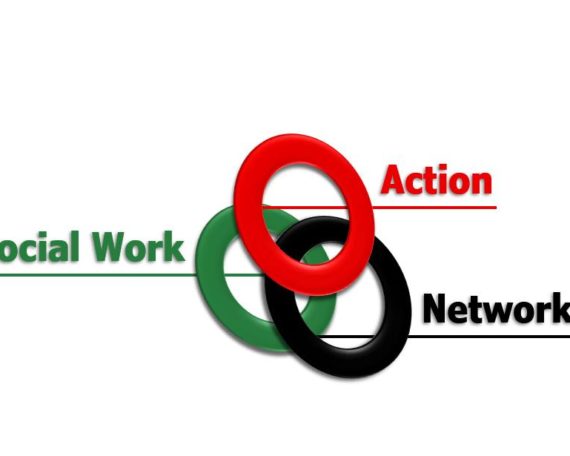A major theme of our conference was resisting managerialism, an ideology that claims that the same set of management techniques can be applied to any ‘business’, whether it’s distributing frozen food or providing services for homeless people. Showing a total contempt and disregard for the skills that workers in the social care sector have, managers use performance management systems to drive down working conditions whilst at the same time promising to measure the un-measurable and ‘scientifically’ show that the very services they are cutting are actually improving.
 Speaking at the conference Roger Kline of the ASPECT union and author of What If? pointed out that the Centre for Excellence and Outcomes in Children and Young People’s Services trains senior managers to “translate ‘soft outcomes,’ such as happiness, healthiness or well-being, into a solid performance measurement”. Continuous recording of these ‘outcomes’ dramatically changes how we work. For example, while computers could be a tool to improve practice, stress about cumbersome systems and targets means that instead they contribute to an already high level of work related sickness and burn out amongst workers.
Speaking at the conference Roger Kline of the ASPECT union and author of What If? pointed out that the Centre for Excellence and Outcomes in Children and Young People’s Services trains senior managers to “translate ‘soft outcomes,’ such as happiness, healthiness or well-being, into a solid performance measurement”. Continuous recording of these ‘outcomes’ dramatically changes how we work. For example, while computers could be a tool to improve practice, stress about cumbersome systems and targets means that instead they contribute to an already high level of work related sickness and burn out amongst workers.
Social workers talked about the battle to stay mentally well and the failure of their employers to make any consideration or allowances for workers’ needs. UNISON steward Maureen Wade talked about the importance of organising in the workplace so that a collective response can be made to attacks on services.
Mental health social work: ‘Computer says no’
Mental health workers discussed the requirement to use the Health of the Nation Outcome Scales (HONOS), a means of recording progress towards the target ‘to improve significantly the health and social functioning of mentally ill people’. They subjectively score 12 items measuring behaviour, impairment, symptoms and social functioning, feed these into a computer and then the computer generates a ‘care pathway’ for that person, which outlines the support they will receive.
Social workers talked about how they find themselves left with no time to visit service users and their approaches such as crisis intervention and systems theory are not valued leading to a reductionism in practice. Dr Mike Smith, a mental health professional with over 26 years experience and co-author of The THRIVE Approach to Mental Wellness, said that depression and hearing voices are part of the human condition. Social workers try to understand the social context of these human characteristics, the circumstances that can really “drive people mad”, however this expertise is devalued or missed when the focus is on medical models. Delegates pointed out that the tasks overwhelming us are usually not those that drove us to become social workers. It is the administrative work, the resource allocation, and the guarding and rationing of services that is seen as the priority.
Personalisation: ‘They’ll buy you a bike’
The conference was critical of the government’s personalisation agenda, which means service users receive individual budgets to purchase their own care. This can be used as an excuse to get rid of existing council provision such as day care. One example given was that it is easy for a services user to get something simple like a bike, but as soon as more complex demands are raised it becomes impossible to pay for the care needed just using one individual budget. It was noted that once collective services have been cut it would not be easy to get them back.
Social Work Practices
Simon Cardy, a children’s social worker led a briefing on Independent Social Work Practices. Two of the six pilots are in the West Midlands. Whilst these practices promise a reduction in bureaucracy they are tied into performance contracts and performance-related pay. A statement was unanimously agreed opposing social work practices.
Support, debate and action
‘I’m fed up of being a nodding dog, I came into social work to be radical’ said one long standing social worker, whilst a student out on placement remarked ‘I’m glad to have found a group of people who want to challenge what’s happening, to know there’s somewhere we can go and that we’ll be backed up.’
Another social worker who attended, Clare Hill commented “my experience at the conference has prompted me to write to encourage others to raise awareness of SWAN as not only a ‘defender’ of the social work profession, but also as a source of immense support, encouragement and optimism in an increasingly challenging climate.
The diversity of delegates undoubtedly enhanced the lively and informative discussions and despite holding preconceived notions that the day might stir up feelings of increased frustration, I actually came away feeling more positive, having learnt a great deal and with a renewed commitment towards my work and the values which underpin it.”
For more info on the West Midlands SWAN group email by clicking here.

